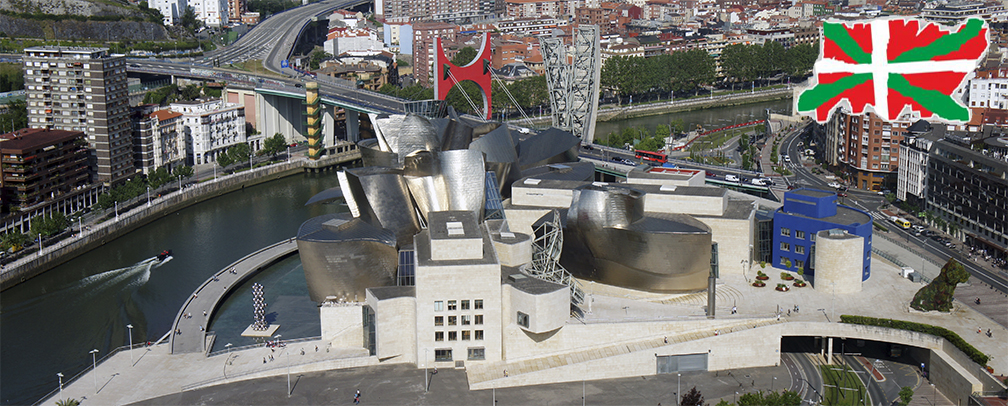The Basque Country, Europe’s premium blend, according to Chicago Tribune

Rick Steves, a blogger for Chicago Tribune who writes European travel guidebooks and hosts travel shows on Chicago’s public television and radio, has recently published a report on the Basque Country in which he highlights its pluralistic and avant-garde character.
According to Steves, the “land of the Basque people” is a “nation without a state”, since it was left off the map when they drew Europe’s national borders. He says that the Basque Country is often left out of travel itineraries and that is a mistake.
“Much unites the Spanish and French Basque regions: they share a striking Atlantic coastline, with the Pyrenees Mountains soaring high above the Atlantic. They have the same flag, similar folk music and dance, and a common language, Euskara, spoken by about half a million people. Both, after some struggles, have been integrated into their respective nations. And, because the European Union is interested in helping small ethnic regions, as well as big countries, the Basques are enjoying more autonomy”.
Wherever you go, your Basque sightseeing should be a fun blend of urban, rural, cultural and culinary activities. Donostia-San Sebastian is the heart of the tourist’s Basque Country, with its sparkling, picturesque beach framed by looming green mountains and a charming Old Town. On-the-rise Bilbao is worth a look for its landmark Guggenheim art museum (designed by Frank Gehry) and its atmospheric Old Town.
On both sides of the border, traditional village settings reflect the colours of the Basque flag, the ikurriña, with deep-reds and greens adorning white homes. Spared the beach scene development of the coast, these villages offer a more rustic glimpse of Basque culture.
Basque customs are strong and lively, perhaps nowhere more so than in one of their favourite sports, jai alai. Players use a long wicker basket to whip a ball – smaller and far harder than a baseball – off walls at more than 150 miles per hour.
Offering less adrenalin but just as much Basque culture are men’s gastronomic clubs, txokos or associations. Common throughout Basque Country, these range from more working-class communal kitchens to highbrow versions with extensive wine cellars and culinary libraries.
The clubs serve several functions: they provide a men’s night out in a matrilineal society, where women run the show at home. They are also a place where friends who have known each other since grade school can enjoy quality time together, speaking Euskara and savouring traditional ways in today’s fast-paced world. And, it is a place where men cook together and celebrate Basque food-related traditions.
According to Chicago Tribune’s contributor, mixing influences from the mountains and the sea, Basque food is reason enough to visit the region. The local cuisine – dominated by seafood, tomatoes and red peppers – offers some spicy dishes, unusual in most Europe.
On the Spanish side, hopping form bar to bar sampling “pintxos” (tapas) is a highlight of any trip. Local brews include “sidra” (hard apple cider) and “txakoli“, a light, sparkling white wine which is poured from high above the glass for aeration.
You will want to sample the famous “pil-pil“, made from emulsifying the skin of “bacalao” (dried salted cod) into a mayonnaise-like substance with chilli and garlic.
The red peppers (called “piments d’Espelette“) hanging from homes in French Basque villages give foods a distinctive flavour, and often end up in “piperade“, a dish that combines peppers, tomatoes, garlic, ham and eggs. Peppers are also dried and used as condiments. To satisfy your sweet tooth, check out “gateau Basque”, a local tart filled with pastry cream or cherries from Bayonne.
While their cuisine is easygoing, the independent-minded Basques are notorious for being headstrong. But, as a culturally and linguistically unique people surrounded by bigger and stronger nations, the Basque have learned to compromise while maintaining their identity.
At the end of the report, Rick Steves says that though split between France and Spain, Basques maintain a vital culture, and a visit provides a vivid look at the resilience of Europe’s smaller ethnic groups. Wherever you go, you’ll find the region colourful, fun, welcoming… and unmistakably Basque.







